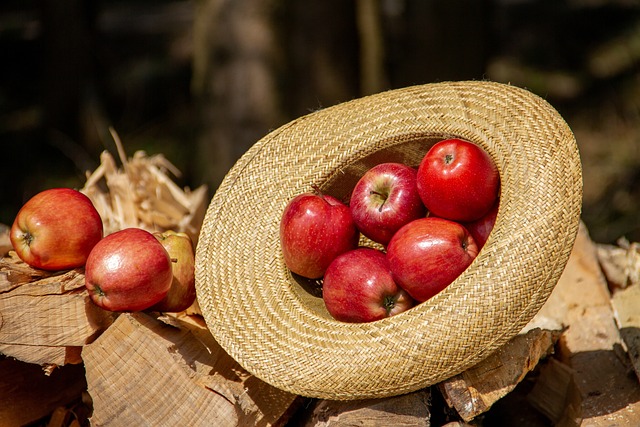The Secret to Healthy Gut: A Comprehensive Guide to Probiotics and Prebiotics
Our gut is the center of our body’s overall health. It’s where our food is broken down, nutrients are absorbed, and waste is eliminated. A healthy gut leads to better digestion, improved immune function, and overall well-being. But what can we do to ensure that our gut is healthy and functioning properly? The answer lies in probiotics and prebiotics.
Probiotics
Probiotics are live bacteria and yeasts that are good for your health, especially your digestive system. They help keep your gut healthy and are sometimes called “good” or “friendly” bacteria. Probiotics can be found in many different foods and supplements, including yogurt, kefir, kimchi, sauerkraut, and kombucha.
So, how do probiotics work? When you consume probiotics, they help restore the natural balance of bacteria in your gut. Many factors, such as stress, antibiotics, and a poor diet, can disrupt this balance, leading to digestive issues and other health problems. By replenishing the good bacteria in your gut, probiotics can reduce inflammation, boost immunity, and promote better digestion.
Probiotics have been found to have many health benefits, including:
- Reducing symptoms of digestive disorders, such as irritable bowel syndrome (IBS), inflammatory bowel disease (IBD), and diarrhea
- Preventing and treating vaginal yeast infections and urinary tract infections (UTIs)
- Boosting immune function
- Reducing the risk of allergies and eczema in children
It’s important to note that not all probiotics are created equal. Different strains of bacteria have different benefits, so it’s important to choose a probiotic supplement that contains the strains that will benefit your specific health needs.
Prebiotics
While probiotics are live bacteria and yeasts that are good for your gut, prebiotics are non-digestible fibers that act as food for the probiotics already in your gut. In other words, prebiotics help feed the good bacteria in your gut, allowing them to grow and thrive.
Prebiotics can be found in many different foods, including:
- Whole grains, such as oats and barley
- Vegetables, such as asparagus, onions, and garlic
- Fruits, such as bananas and apples
- Legumes, such as chickpeas and lentils
Prebiotics have many health benefits, including:
- Promoting the growth of good bacteria in your gut
- Reducing inflammation in the gut
- Improving digestion and regularity
- Enhancing calcium absorption and bone health
The Bottom Line
Probiotics and prebiotics are essential for maintaining a healthy gut and overall well-being. By restoring the natural balance of bacteria in your gut and promoting the growth of good bacteria, probiotics and prebiotics can reduce inflammation, boost immunity, improve digestion, and more.
If you’re interested in taking a probiotic supplement, make sure to do your research and choose one that contains the specific strains of bacteria that will benefit your health needs. And don’t forget to incorporate prebiotic-rich foods into your diet to help feed the good bacteria in your gut.
With a little bit of effort and knowledge, you can keep your gut healthy and functioning properly, leading to a happier and healthier you!







